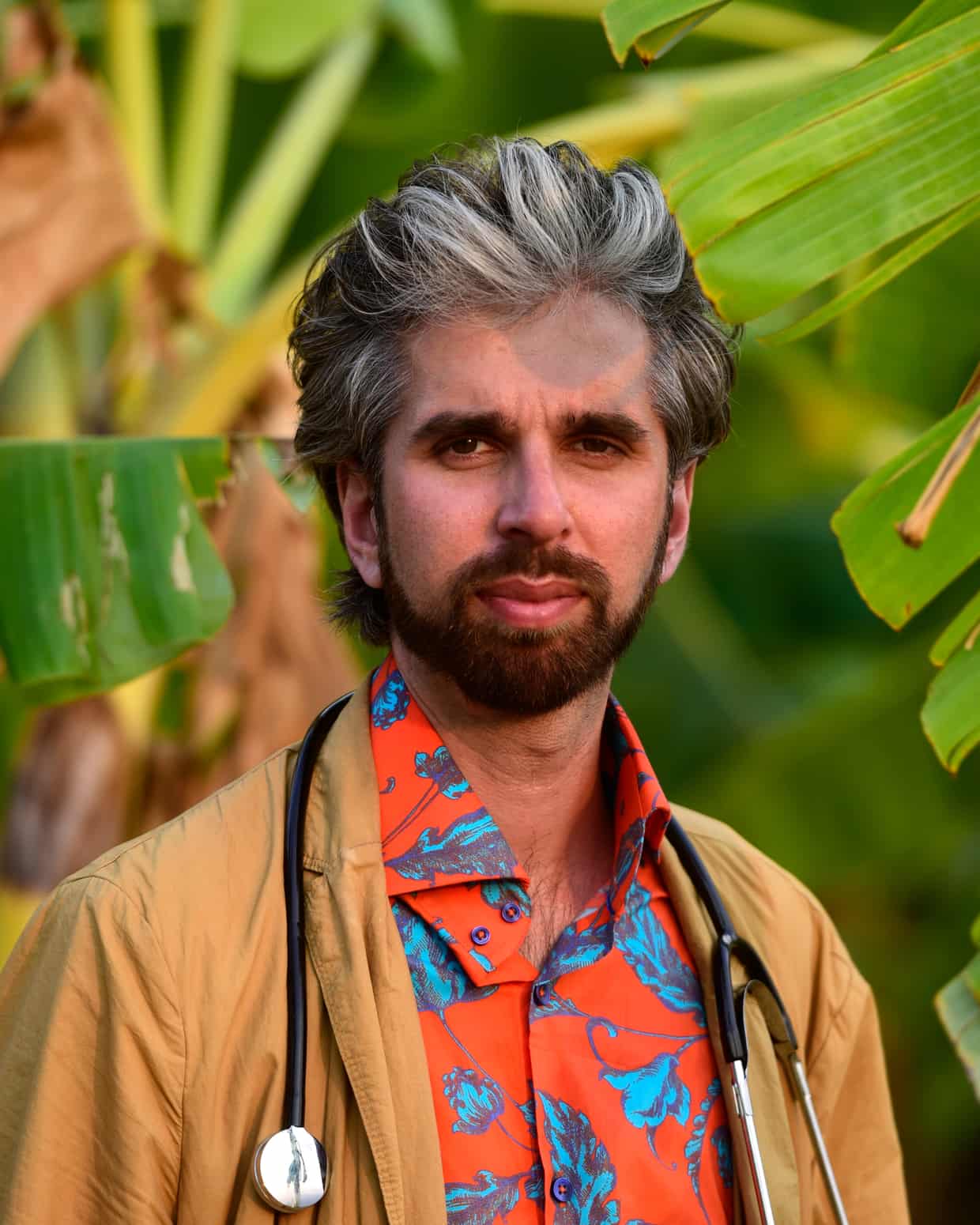‘How to be alone’ – featured in the Guardian
What’s the difference between solitude and loneliness? We may confuse the two because we’ve been trained since we were young to think about them as the same state. By sending children to their rooms as punishment, we teach them the idea that aloneness is a privation.
For some, solitude is the ultimate prize, the key to happiness. So what’s the art of being alone? I asked five people who love nothing more.
Featuring Dr Alexander Kumar
Words by Erica Buist
Photographs by Borja Sánchez-Trillo for the Guardian
Link:
How to be alone: ‘I feel most alive when I’m with my own thoughts’
What’s the difference between solitude and loneliness? We may confuse the two because we’ve been trained since we were young to think about them as the same state. By sending children to their rooms as punishment, we teach them the idea that aloneness is a privation.
‘You need to have some creativity to keep your mind going’: Alexander Kumar, expedition doctor, 34, London and all over the world.

Portrait by Borja Sánchez-Trillo for the Guardian
“I work under the umbrella of global health, mainly in low- and middle-income countries. In Ghana, I was assessing telemedicine; before that I was in Vietnam working on hypertension. My next project is in the far north-east of Cambodia, tracking down the contacts of people with leprosy to give them antibiotics as part of an ongoing trial to see if we can eradicate it. It’s very isolating to be an expedition doctor. When I was a student, I lived in the Arctic to do the first piece of HIV research among Inuits. It’s very expensive to live there, so I put an ad in the local paper, and I ended up living in a lady’s cupboard – there was a mattress on the floor that I had to move to open the door. I soon got used to a lifestyle where I travelled alone, running on my own steam.
Later, I spent 11 months in Antarctica for the Concordia mission to Mars. I was working towards understanding the psychology and physiology of sending humans to and from Mars, using the Arctic and Antarctica in winter as a space analogue environment. It was -80F sometimes, and we had three months of darkness. You watch the human mind unzip at the seams. One in 10 people who are in Antarctica over winter have a psychiatric illness.
Keeping busy was really important. You need to have some creativity to keep your mind going. I do a lot of photography; during the Antarctic winter that was the equivalent of art therapy. I used to wander around outside at 1am taking photographs; honestly, I’ve never been more alone. But I enjoy solitude. I think I’m so happy in my own company because I was the youngest sibling of four and I was often left to my own devices. I inherited my dad’s very social, outgoing nature, but I’ve always found that solitude deprives and stretches you in a way that makes you more creative.
Sometimes you can feel more isolated around others than on your own. One of the most lonely experiences I’ve had in my work was at an Ebola treatment centre. My first day in Sierra Leone, I sat across from a woman about my own age, lying flat on a bed, taking her last breaths. As a doctor, you’re trained to think about the person in front of you more than yourself, but I was overwhelmed with sadness. I couldn’t reach out and touch her, yet she was just 2.5m away. We lost half the ward every night.
The key to being alone is having things to do: a sense of a quest and a purpose. Being alone in your flat with nothing to do is probably more isolating than being in the Antarctic with nobody around for miles.”